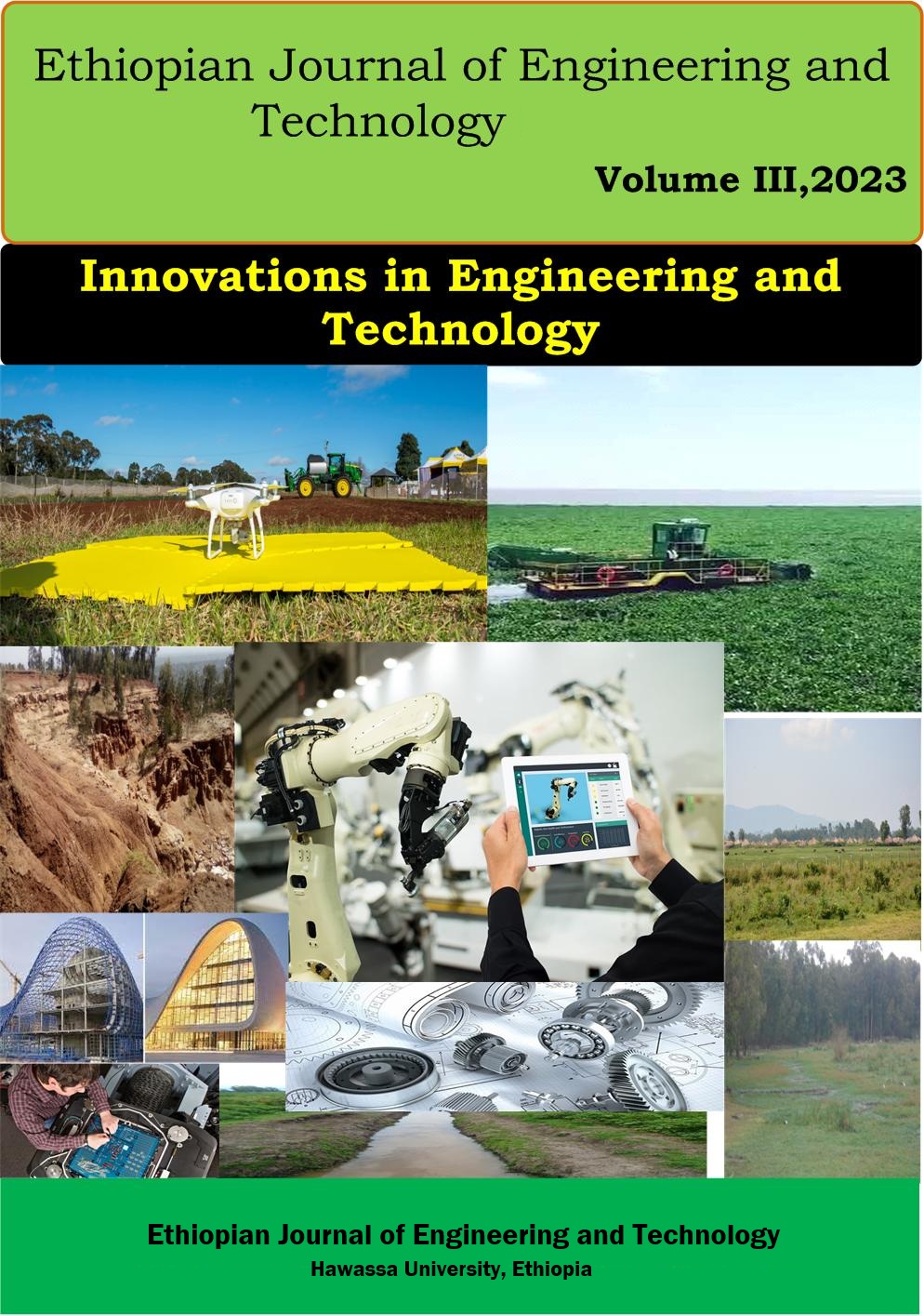Assessment of the Preparedness Level of the Community towards Earthquake Disaster in Hawassa City, Ethiopia
Mehretu Gebrie Doyamo and Bereket Amare Sida
DOI:
https://doi.org/10.82127/12gkg489Keywords:
Disaster Management, Earthquake, PreparednessAbstract
The assessment of earthquake preparedness in Hawassa City, Ethiopia, focuses on evaluating the community's capacity to respond to seismic disasters, given its location within the East African Rift System. This region is characterized by significant geological activity, which contributes to the risk of earthquakes and necessitates robust preparedness strategies. The vulnerability of Hawassa to seismic events, along with its historical exposure to damaging earthquakes, underscores the importance of community readiness in mitigating potential impacts and enhancing resilience(Alaneme & Okotete, 2018; Ayele et al., 2021; Ruch et al., 2021). This study endeavors to assess the community's readiness for earthquake disasters through a qualitative research approach. Employing a community-based cluster sampling method, 200 questionnaires were disseminated within Hawassa city, yielding 179 completed responses. Analysis of the data unveiled noteworthy insights: 72.10% of respondents were male, with 38.5% holding a bachelor's degree or higher and 49.7% having resided in Hawassa for over a decade. Impressively, majority of respondents did not receive information or training on earthquake preparedness, even though most of respondents are aware of the potential risks and hazards associated with earthquakes. Alarmingly, all respondents reported knowing where to seek medical assistance in the event of injuries during an earthquake, a staggering 97.2 % lacked essential first aid supplies. These findings underscore a critical lack of preparedness within the community. In conclusion, while some households have encountered earthquakes, the majority remain ill-prepared. Urgent measures are warranted for the implementation of pre- and post-earthquake disaster management systems within government organizations responsible for disaster response. Additionally, comprehensive training programs for community organizations are imperative to bolstering disaster preparedness initiatives within the city.

